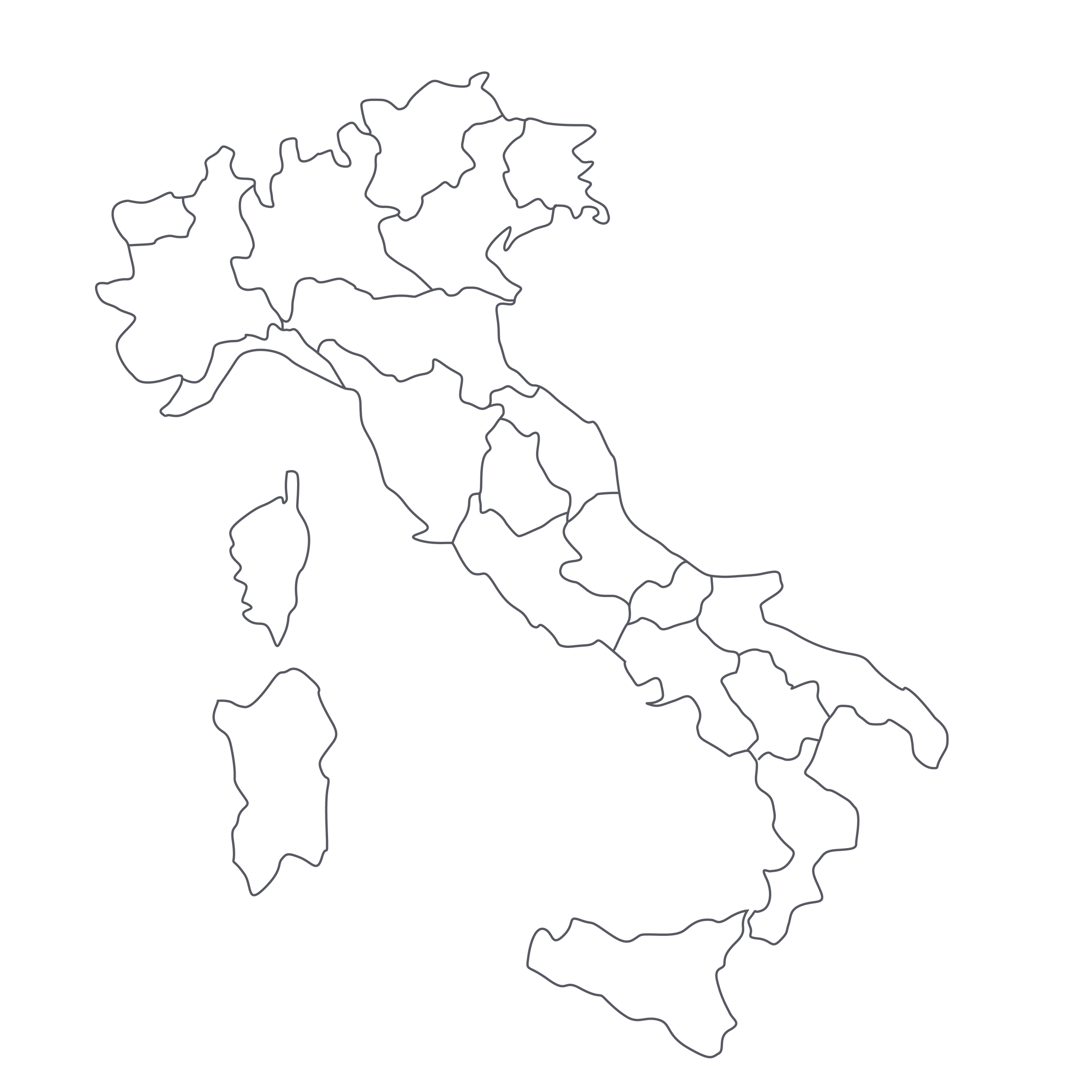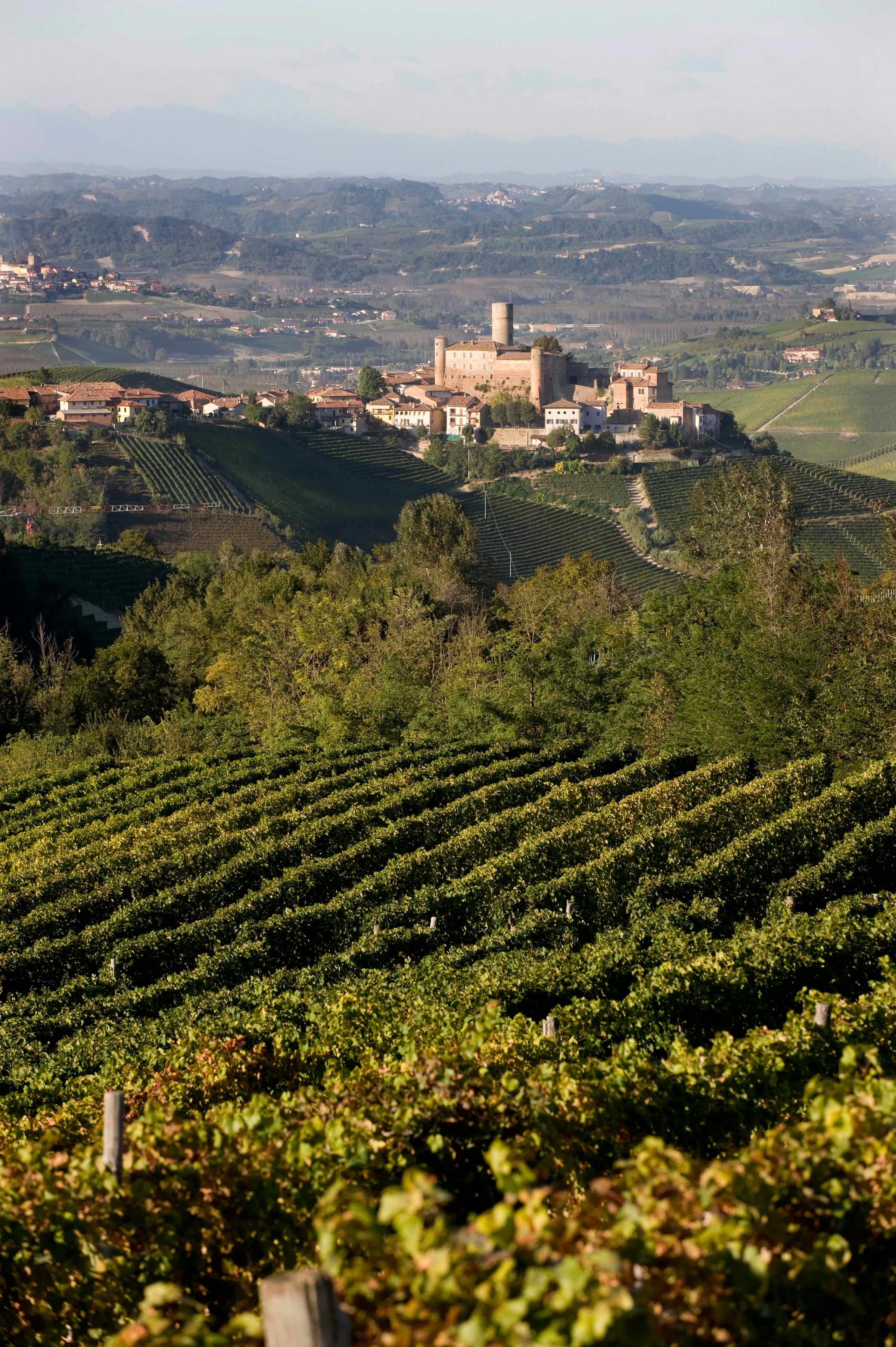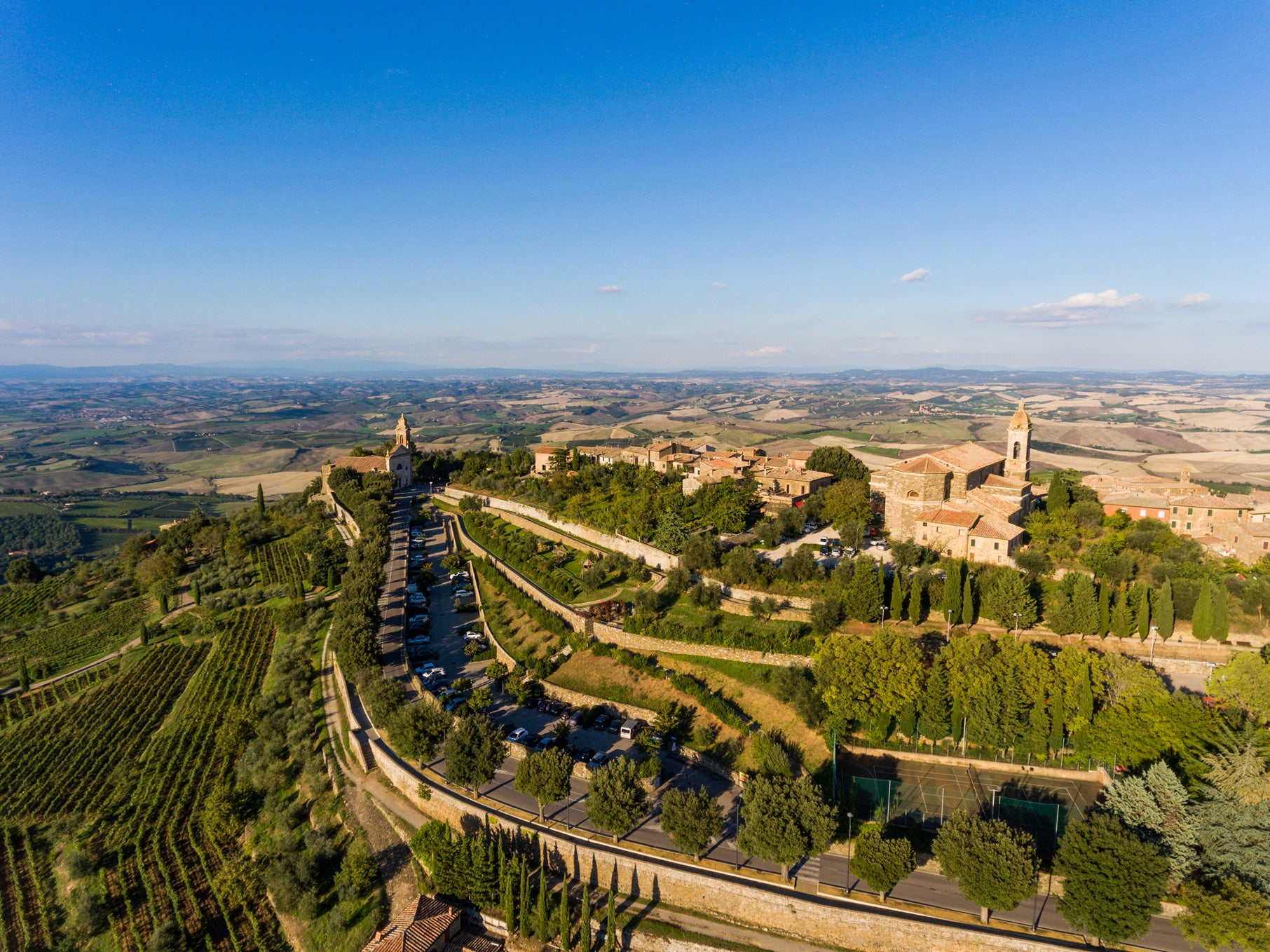We live in an era of hot takes, so here’s a hot take on Piedmont’s misunderstood, under-appreciated Dolcetto grape: I’ll take it over Barbera nine times out of ten. If this offends you, I’m sorry, but when I size up the two varieties—the two main grapes Barolo producers plant in the places where the exalted Nebbiolo won’t ripen—Dolcetto comes out on top in my book.
Comparatively speaking, Dolcetto has less (but not too much less) acidity; more substantial tannins (Barbera has little to no tannin unless it’s aged in wood); and deeper, darker, richer fruit. This isn’t to say I dislike Barbera; it’s just that Barbera doesn’t have any problem finding love. Dolcetto, somehow, gets pushed aside—even more obscure local reds like Pelaverga and Freisa seem to have leap-frogged it in the consumer consciousness. That just isn’t right, and today’s fresh, deeply flavorful Dolcetto di Dogliani from Anna Maria Abbona is here to set the record straight. Especially as grown in the Dogliani DOCG zone, where it has always occupied center stage, Dolcetto deserves your respect and love; I’ll go a step further and put Abbona’s “Sorì dij But” up against not just Cru Beaujolais (to which it is often compared) but Crozes-Hermitage and Rioja Crianza, among others. The combination of depth and freshness in the 2016 “Sori dij But” is impressive—and totally convincing—especially at this price.
The Abbona family has generations of history in Dogliani, which is both the name of a village and of the broader wine zone that surrounds it (like Barolo, which is a short drive north). The boundaries of the Dogliani DOCG zone (it was ‘elevated’ to DOCG status in 2005) extend southward from where the Barolo appellation ends, and while Nebbiolo is the undisputed star of Barolo, the earlier-ripening Dolcetto has traditionally been better suited to the higher elevations and cooler temperatures of Dogliani. The Dolcetto grape is widely planted in Piedmont, with a multitude of place-specific variations (you’ll see the grape appended with village names including Alba, Acqui, and Ovada as well as Dogliani), but Dogliani has emerged as the source of the deepest, darkest, most profound examples. That’s probably because it isn’t treated like a second banana in Dogliani, but as the main event.
The name “Sori dij But” makes reference to south-facing vineyards (sorì is a Piedmontese word translating roughly to “exposure” or “aspect”) in the hamlet of Butti, where the Abbona cellars are located. Anna Maria Abbona’s great-grandfather tended vineyards as a sharecropper and her grandfather established the framework of the current property in the 1930s, but the family sold grapes to cooperatives until Anna Maria and her husband, Franco Schellino, both left jobs in other fields to “come home” and establish a winemaking operation in 1989. Vines that supply the fruit for “Sorì dij But” range from 40-45 years of age and are rooted in similar marls to those found just to the north in Barolo; altitudes, however, reach past 500 meters, so while Dogliani wines boast lots of inky color and extract, they’re also blessed with lots of freshness and lift. “Sorì dij But” is fermented and aged in stainless steel and offers a tantalizing combination of plummy, dark-fruited richness and floral, mineral-flecked freshness. It is a pure pleasure to drink.
In the glass, the 2016 “Sori dij But” displays a trademark Dolcetto ruby-purple intensity, but its inkiness and near-opacity is an incongruity: It is not the big, sweet monolith the color might lead you to expect. Quite the opposite, in fact—this wine is all about brightness, refreshment, and pitch-perfect balance. Aromas of black plum, blackberry, blueberry, violet, licorice, dark chocolate, and crushed stones jump from the glass. It is ripe and fragrant without a trace of sweetness, finishing with the iron-rich minerality of a fuller-bodied Cru Beaujolais. It’s got everything you could possibly want without any excess and is ready to pop and pour tonight; serve it at 60-65 degrees in Burgundy stems next to a marinated grilled skirt steak. I guarantee this will become a go-to ‘table wine’ in your house—versatile and straightforwardly delicious. Enjoy!
— David Lynch




